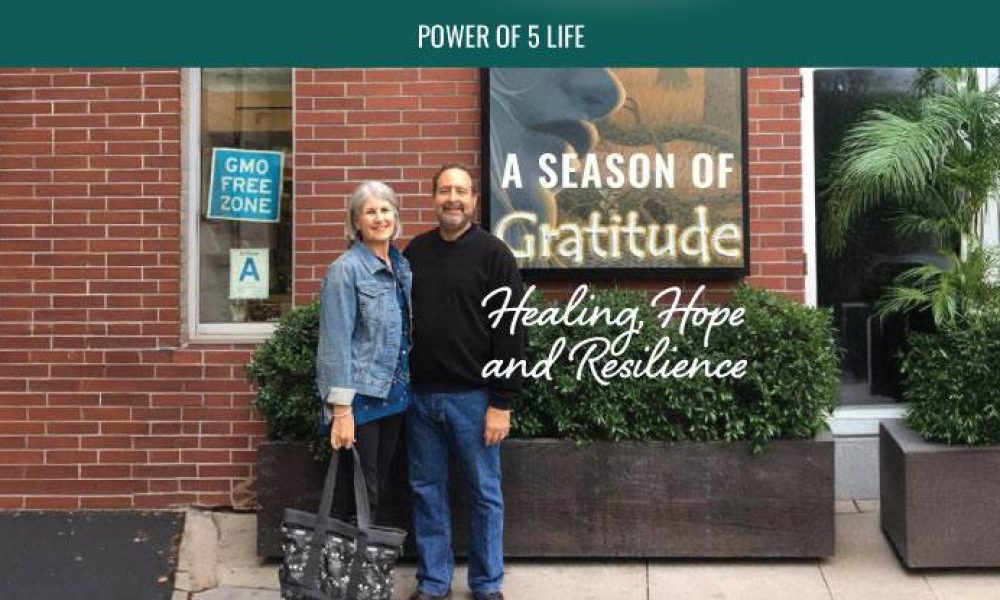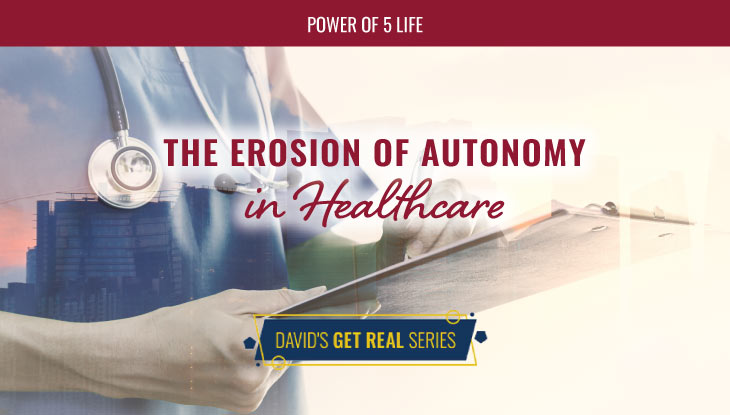A Season of Gratitude: Healing, Hope and Resilience
With autumn upon us, it’s a time for reflection, thankfulness, and a renewed appreciation for the simple joys of life. While the recent hurricanes have left an indelible mark on many communities, they have also underscored the importance of gratitude and the power of human connection.
My wife and I, along with many others, experienced the devastating effects of the storms. We live in an evacuation zone forcing us to seek shelter elsewhere. Yet, amidst the chaos and uncertainty, we were fortunate to find solace in the kindness of friends who opened their doors to us. Their generosity and compassion were a beacon of hope in our time of need as our home sustained considerable damage.
While we have much to be thankful for, it’s important to remember those who are still struggling to recover. Many of our neighbors lost their homes and livelihoods, and their journey to rebuild will be long and arduous. As we gather with loved ones for Thanksgiving, let us extend our gratitude and support to those who are less fortunate.
The Power of Gratitude
Gratitude is more than just a fleeting emotion; it’s a powerful tool that can transform our lives. Studies have shown that practicing gratitude can:
- Improve mental health: Gratitude can reduce symptoms of depression and anxiety, boost mood, and increase overall well-being.
- Strengthen relationships: Expressing gratitude to loved ones can deepen bonds and enhance social connections.
- Enhance physical health: Gratitude can lower blood pressure, improve sleep, and strengthen the immune system.
- Increase resilience: By focusing on the positive aspects of life, gratitude can help us cope with stress and adversity.
How to Cultivate Gratitude
- Keep a gratitude journal: Regularly write down things you’re grateful for, no matter how small.
- Practice mindfulness: Pay attention to the present moment and appreciate the simple things in life.
- Express gratitude to others: Let people know how much you appreciate them. Our grandchildren regularly express their gratitude by sharing their “Roses and Thorns” experience of the day during dinner to reflect on what they have to be thankful for.
- Volunteer your time: Helping others can bring a sense of fulfillment and gratitude.
- Meditate: Mindfulness meditation can help you focus on the positive aspects of life.
For this Thanksgiving …
As we emerge from the challenges of the past few months, let us embrace the opportunity to build a stronger, more resilient community. By supporting local businesses, volunteering our time, and donating to charitable organizations, we can help those in need and create a brighter future for all.
Let this Thanksgiving be a time of healing, hope and renewal. May we emerge from this challenging period with renewed gratitude, compassion, and a commitment to making a positive difference in the world.
Share your thoughts and questions by emailing us at: [email protected] or [email protected]
Let’s continue our journey with gratitude, kindness, and a goal of healthy aging.
To a long and healthy life,
David and Melissa Bernstein
P.S. Read more on gratitude and kindness in our previous blog.
A human (David Bernstein generated this blog content) with the polishing aid of artificial intelligence.




